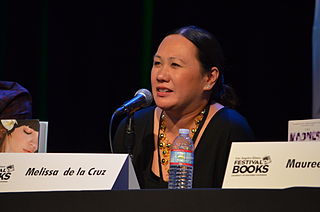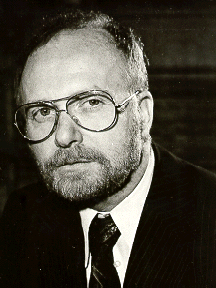A Quote by Kami Garcia
"Well? Is it true? Did she?" "Did she what?" "You know. Fall outta the crazy tree and hit every branch on the way down?"
Related Quotes
True the Black woman did the housework, the drudgery; true, she reared the children, often alone, but she did all of that while occupying a place on the job market, a place her mate could not get or which his pride would not let him accept.And she had nothing to fall back on: not maleness, not whiteness, not ladyhood, not anything. And out of the profound desolation of her reality she may very well have invented herself.
The doctor's wife wasn't a bad woman. She was sufficiently convinced of her own importance to believe that God actually did watch everything she did and listen to everything she said, and she was too taken up with rooting out the pride she was prone to feeling in her own holiness to notice any other failings she might have had. She was a do-gooder, which means that all the ill she did, she did without realizing it.
My mother was the first African-American policewoman in Seattle - recruited, actually - and she did it for only 2 years, as she did not want to carry a gun. She worked mostly on domestic disturbances. The NAACP wanted her to do it. She did not actually have the temperament to be a cop - she was very sweet. She had a Masters in social work.
Annabel looked down. Her hands were shaking. She couldn't do this. Not yet. She couldn't face the man she'd kissed who happened to be the heir to the man she didn't want to kiss but whos she probably was going to marry. Oh yes, and she could not forget that if she did marry the man she didn't want to kiss, she was likely to provide him with a new heir, thus cutting off the man she did want to kiss.
She thinks she knows everything that goes on inside me, and she doesn’t know a thing. What did she want from me – to tell the truth all the time? To run around saying it did matter to me that I live in a world where you can grow old and be alone and have to get down on your hands and knees and beg for friends? A place where people just sort of forget about you because you get a little old and your mind’s a bit senile or silly? Did she think that didn’t bother me underneath?
People said things they didn't mean all the time. Everybody else in the world seemed able to factor it in. But not Lena. Why did she believe the things people said? Why did she cling to them so literally? Why did she think she knew people when she clearly didn't? Why did she imagine that the world didn't change, when it did? Maybe she didn't change. She believed what people said and she stayed the same." (Lena, 211)
Down by the salley gardens my love and I did meet; She passed the salley gardens with little snow-white feet. She bid me take love easy, as the leaves grow on the tree; But I, being young and foolish, with her did not agree. In a field by the river my love and I did stand, And on my leaning shoulder she laid her snow-white hand. She bid me take life easy, as the grass grows on the weirs; But I was young and foolish, and now am full of tears.




































